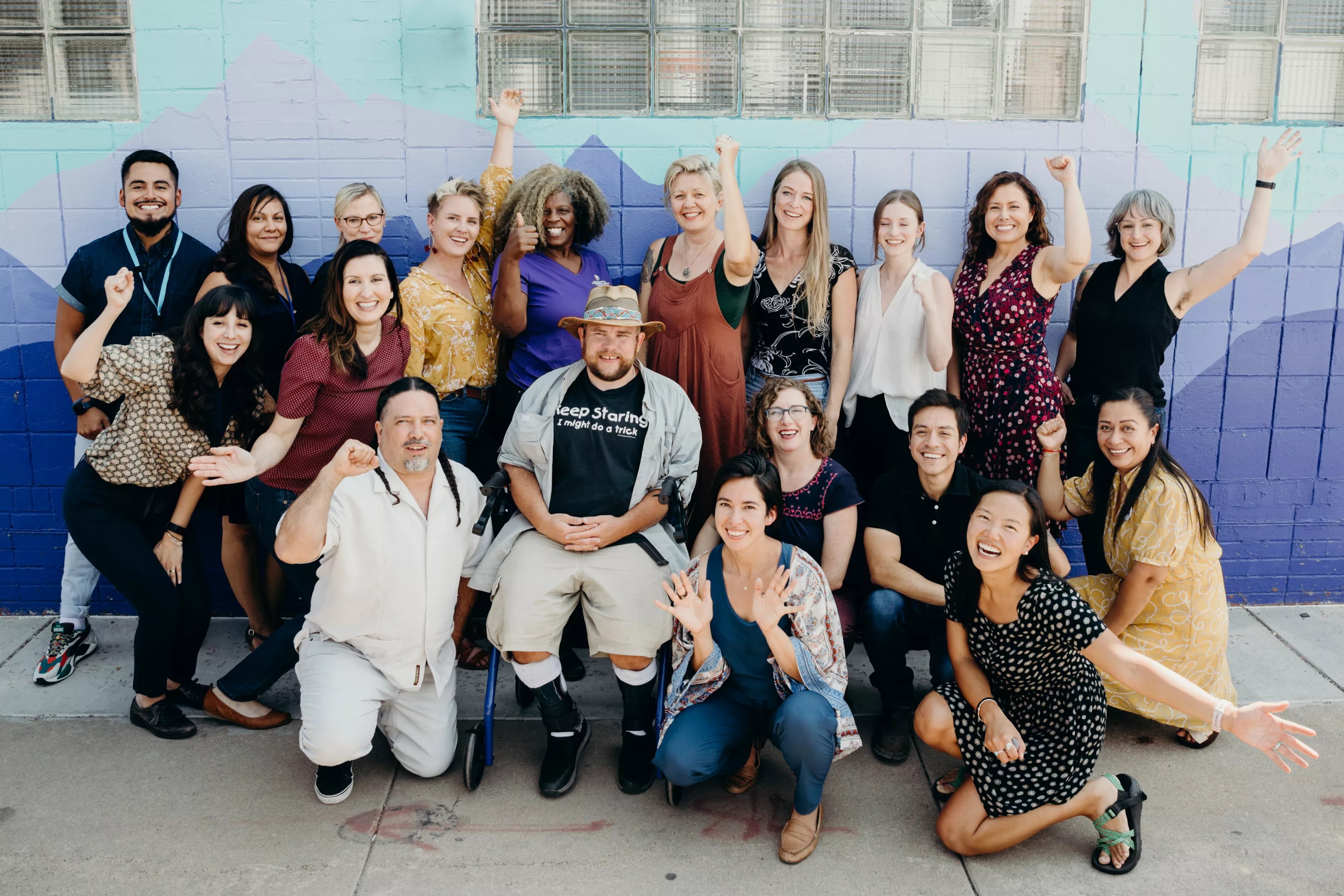
Denver Sustainable Food Policy Council

Audio By Carbonatix
For all Denverites who have an interest in supporting local, sustainable and just food systems, the Denver Sustainable Food Policy Council (SFPC) is accepting new member applications until April 17.
SFPC was initially established in 2010 as one of Denver’s Boards and Commissions by request of the Denver Department of Public Health & Environment in order to meet a federal grant application requirement. Since then, it has gained influence and scope, becoming the primary avenue through which food policy recommendations are made to the City of Denver, and mainly to the mayor of Denver.
“It’s always this kind of cross-section of the community that has a wide range of expertise and representation that both has influence within the community and can hear from the community,” explains Meredith Slater, co-chair of the membership committee. “The council is made up of a variety of members with varying levels and types of expertise in food issues, food systems, food sustainability, food planning…and then [they] have a direct line to the mayor to advise on these things.”
Current members range from farmers to folks who work for organizations such as Denver Food Rescue, Sprout City Farms, Denver Food Hub, Western Governors Association and Metropolitan State University of Denver. These members work together with the community and a government liaison to advise and influence the mayor on issues around healthy food access and affordability, food businesses, food production and healthy food policy education and promotion.
Will you step up to support Westword this year?
At Westword, we’re small and scrappy — and we make the most of every dollar from our supporters. Right now, we’re $20,000 away from reaching our December 31 goal of $50,000. If you’ve ever learned something new, stayed informed, or felt more connected because of Westword, now’s the time to give back.
Some examples of the council’s goals are increasing enrollment and utilization of SNAP benefits, especially for immigrant and refugee populations; advocating for food business-friendly permitting (there’s still much work to do there); developing tax incentives, grants and/or loans to support community-based food hubs and infrastructure; supporting undocumented farmers and farm workers; and increasing public awareness around healthy food.

SFPC members at their annual retreat.
Denver Sustainable Food Policy Council
With food policy, it’s able to support a wide-ranging demographic and policy base. “Food undercuts many, if not all issues that are plaguing or concerning the city and the state. Without food, students aren’t able to concentrate in school, and without food, the homeless population suffers,” says Slater.
One of SFPC’s most significant projects was leading efforts to develop Denver Food Vision 2030, which was completed in 2017. As part if its development, SFPC hosted community and industry listening sessions to identify the opportunities and gaps in local and regional food systems, a process that resulted in a high level of public engagement.
When the completed vision was released, Mayor Michael Hancock wrote in the introduction: “Nearly 1 in 5 children suffer from food insecurity and hunger, and an astounding one-third of families eat less than one serving of fruits and vegetables per day, contributing to poor health. Numerous low- to moderate income neighborhoods lack convenient access to grocery stores. And as housing costs have escalated, the family food budget is often cut first and the most deeply.” As costs continue to rise for housing, groceries and seemingly everything else, this statement is as relevant today as it was six years ago.
Other past successes include developing the Good Food Purchasing Program (GFPP), which requires city agencies to purchase from food vendors that embrace values of sustainability and equity, as well as advocating for the cottage food law in Colorado, which allows food entrepreneurs to produce and sell certain products from their homes.
Members serve for three years and are expected to attend a regular monthly meeting on the third Tuesday of the month (currently held via Zoom). The SFPC offers a Spanish translator for these meetings, and a typical agenda will start with a land acknowledgement and then potentially include civic engagement training, guest speakers and an opportunity for the larger group to discuss issues.
Members are also expected to serve on at least one committee or working group. The committees are Leadership, Membership and Communications. There are three working groups, as well, each focused on the SFPC’s current top priorities: expanding food production on publicly owned land; increasing the availability of SNAP at farmers’ markets and local farms; and integrating social equity, diversity and inclusionary practices into all systems, policies and programs within Denver’s food system.
Committee and working group meetings are also held virtually on a monthly basis. In addition, SFPC holds one monthly in-person meeting each quarter at various locations throughout Denver as an opportunity for the public to provide feedback and ideas on initiatives.
The SFPC is especially hoping for a diverse applicant pool. “We’re looking for diversity of all sorts. One of the questions on the application, just to give an example, is, ‘Have you ever experienced food insecurity?'” notes Slater. “So it’s just a demonstration of the fact that we are really looking for people who may have had very different forms of lived experience with food systems rather than just academic understanding.”
Applicants can be any adult who lives or works in the city of Denver, with a preference for those who have Denver-based experience, “whether they’re a small business owner having to do with food processing, or they farm or they work for an anti-hunger organization. Having some grounding and understanding of Denver and how that work relates to Denver is very important,” Slater concludes.
To apply to join the SFPC, visit denversfpc.com/membership. Applications are due by April 17 at 5 p.m.